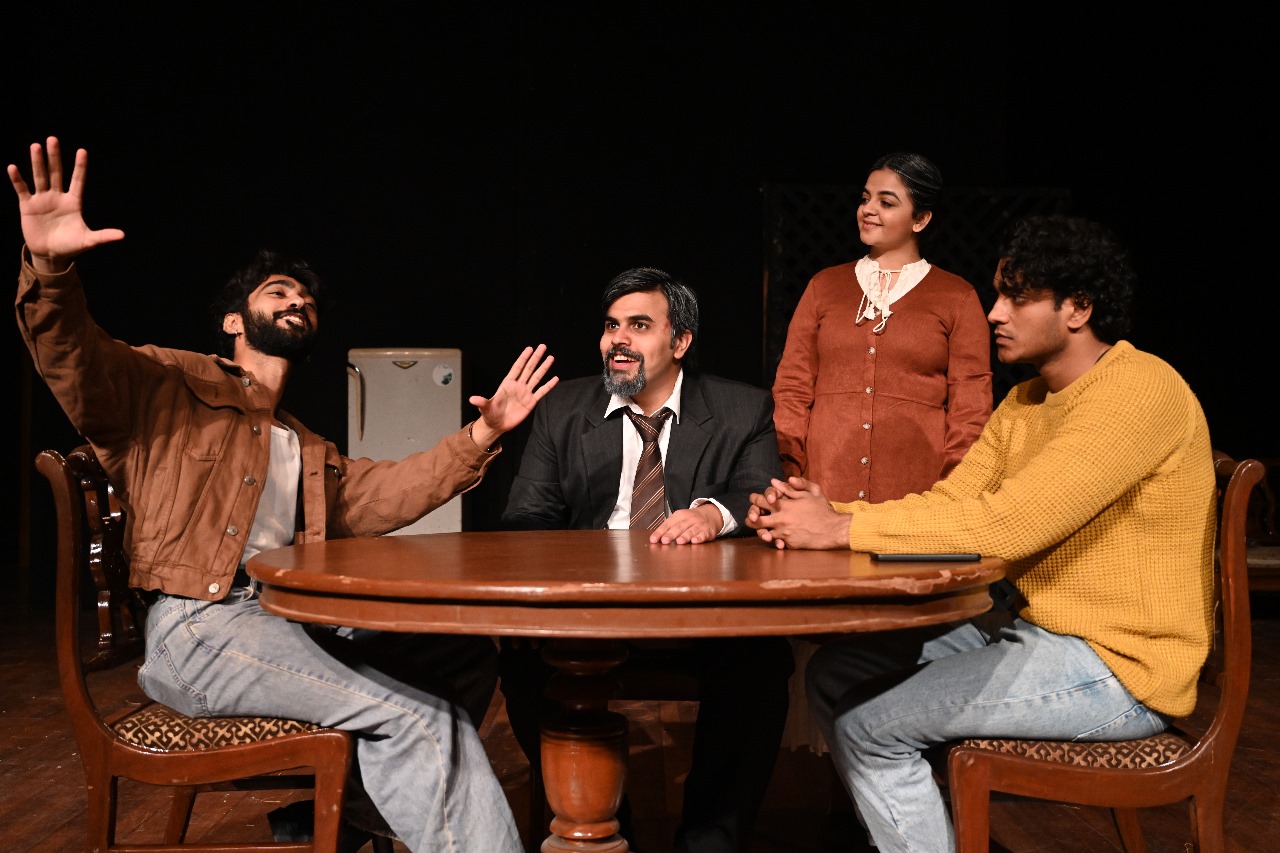Uncategorized
A Reflection of Our Times

By Imran Shirvanee
Arguably the best play that Arthur Miller wrote was the ‘Death of a Salesman’. It is deep, touching and relatable. The urdu adaptation was recently shown at NAPA.
Translated by Mujtaba Zaidi and directed by Faizan Chawla, the NAPA production of this play proved that quality could prevail over apprehensions. Not only did the audience sit through the entire duration of nearly three hours, many appreciated the play as well. Though it would not be out of place to add there were some in the audience who felt that the play’s duration could have been lessened, as the prolonged scenes appeared repetitive with the characters behaving the same way with their bickerings when they were together.
The choice of the script was a good one. Our times and those of American society immediately after World War II are comparable, a depressing period. The economic issues have cast long shadows on our personal relationships. Chawla’s use of the stage too is very intricate, presenting the entirety of the stage, plus the space in front of the stage quite cleverly. The play moved from one area to another very smoothly.
Chawla’s decision in choosing this script had the assurance that the play would be a success.
The selection of the cast was superb. First-time actor Usama Khan as Willy Loman was very believable looking his 60+ character. Ashmal Lalwany as Happy Loman was also very good. But the cherry on the cake goes to Safia Bhalaishia as Linda Loman. She worked very hard to silence a lot of critics who thought Chawla had an automatic choice for this role as Bhalaishia is his wife. Chawla to prove his point decided to go through an entire audition process with two casting directors supporting his decision. Bhalaishia had to undergo the entire process to justify her selection. And what a remarkable justification her performance gave.
‘Death of a Salesman’ is about Willy Loman, a traveling salesman who is being sidelined by his company before he is fired. He is sure he has a following among clients and repeats again and again in the play, “They will all come to my funeral,” he says happily. Of course, they don’t, breaking the American Dream for him and for the audience too. Ours, of course, is no land of opportunities for the majority.
The full audience on all five days was not only a sign of the play’s success. Critically speaking, the play was a super hit performance of a classic work. It brought to life what Miller wanted to say loud and clear about the depressing times they were going through.
Extract: Chawla’s use of the stage too is very intricate. He uses the entirety of the stage, plus the space in front of the stage quite cleverly. The play moves from one area to another very smoothly.
